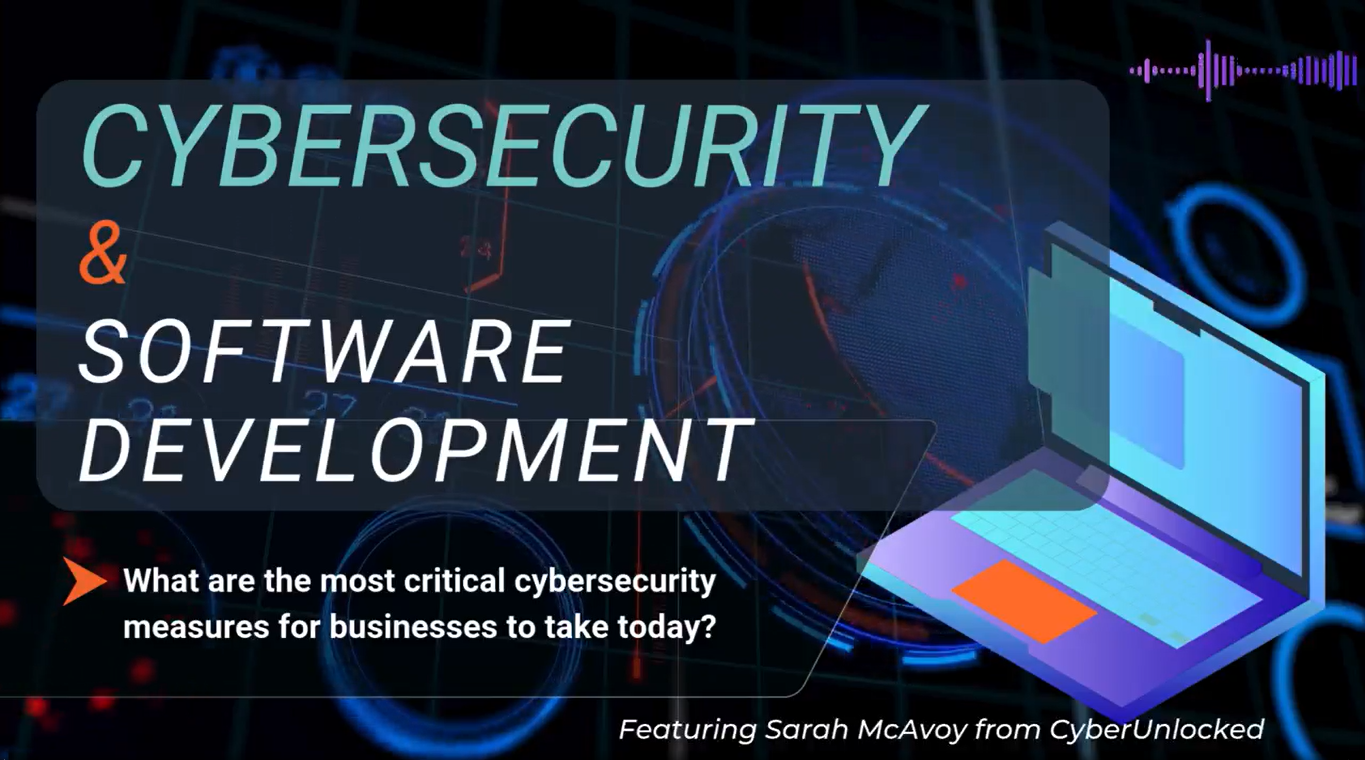Latest News

Every time a new technology emerges people can be relied on to do a few things. Marvel at the exciting new applications. Get excited about what it could mean for them and how it could benefit them. And, without fail, worry about how ‘bad actors’ could exploit it for their own gain.
The recent emergence of ChatGPT and other AI tools is no different.
This article provides an overview of what ChatGPT is, and how its rapid rise and adoption might affect the future of cyber security.
So, What is ChatGPT?
ChatGPT is a tool created by a company from the United States called ‘OpenAI’. In the name ‘AI’ stands for ‘artificial intelligence’.
ChatGPT is what’s called a large language model. It uses deep learning to generate human-like responses to text-based prompts. It has been trained on enormous tracts of data from the internet and can generate responses that are often difficult to distinguish from those of a human.
The key thing that makes ChatGPT different to existing tools is its ability to absorb new information and improve its performance over time. In a word its ability to ‘learn’. All AI and machine learning models are computer programs that can learn from data and improve their performance over time without being explicitly programmed. They use statistical techniques to recognise patterns and make predictions based on those patterns. ChatGPT is just one example, however, one that has become popular because the service is available to anyone via the OpenAI website.
Are cyber criminals using ChatGPT?
Reports indicate that cyber criminals are already leveraging ChatGPT's impeccable spelling and grammar to craft phishing emails with increased sophistication. Europol recently released an advisory report identifying potential problems stemming from the rise of AI chatbots, including fraud, social engineering, disinformation, and cybercrime. The ability of AI systems to guide criminals through contextual questions makes it easier for malicious actors to understand and execute various types of criminal activities.
How could ChatGPT improve cyber security?
Because it is a language model, ChatGPT isn’t a cyber security tool in a direct sense. However, AI and machine learning technologies are being increasingly used in cyber security to help detect and respond to threats. These technologies can analyse large amounts of data and identify patterns that might not be visible to humans. They learn to recognise patterns of behaviour that are indicative of attacks and can identify new and emerging threats that may not have been seen before because of the limitations of the experience of the team or person responding to a new threat.
Drawbacks and Pitfalls
Any new tool comes with potential downsides and risks to be mitigated. It’s no different for ChatGPT and its application to cyber security. Some of these include:
- False positives and false negatives: AI models can sometimes produce false positives (flagging something as a threat when it isn't) or false negatives (failing to detect a threat that is present). This can lead to wasted resources on false alarms. The more serious consequence is when a false negative results in a system overlooking a real threat.
- Bias in training data: models like ChatGPT rely on large amounts of training data to learn and make predictions. If this data is biased or incomplete, it can lead to biased or inaccurate predictions. For example, if a cyber security model is trained on data that is predominantly from a particular geographical region, it may not perform well when applied to assess threats to a business that is operating in a different location.
- Adversarial attacks: Defence and attacking tools evolve together. As attackers learn to use techniques such as data poisoning or adversarial examples to trick AI models into making incorrect predictions, the effectiveness of AI-generated defensive options may shift. This can potentially render the model less useful, and require updates and patches to maintain performance.
The Best Practice Approach
As a business owner or executive, it might not surprise you to learn that the best practice approach to using this new tool is like any other: integrate it with existing approaches and test and learn as time goes on to ensure that you are getting the outcomes you need.
CyberUnlocked is at the forefront of providing advice to Australian businesses about their cyber security and is proactive about assessing new tools and approaches that can save our clients time and money so that they can continue to run their operations with an effective cyber security defence system running in the background. If you’d like to talk about your specific needs, we’d love to have a conversation about how we can help you.
More CyberUnlocked Blogs




